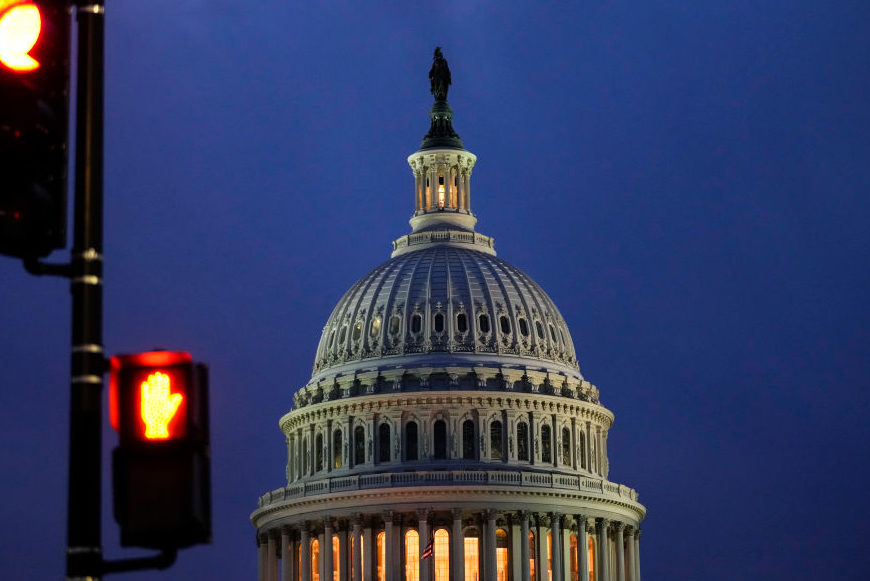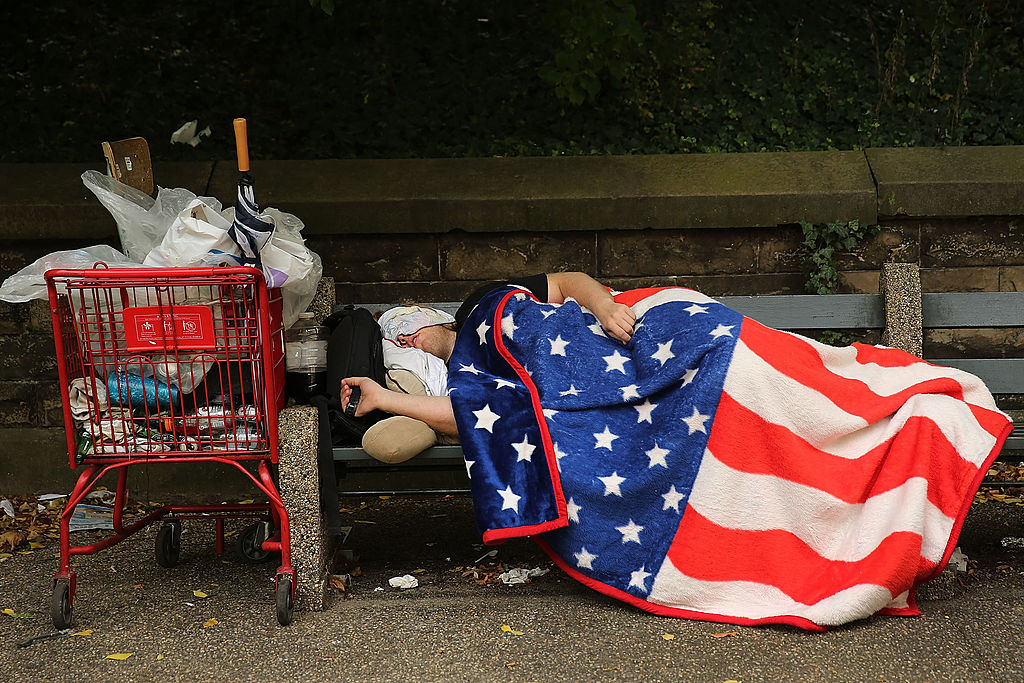The Covid-19 pandemic has affected every part of society, and the country’s economic wellbeing has been no exception. The time since March 2020 has provided a sort of natural experiment as to how various untested policy ideas play out in real life.
Initially, most politicians on both sides of the ideological spectrum agreed on the need for a robust federal response to the virus. These actions took many forms: universal relief checks, enhanced unemployment benefits, and historic funding of vaccine research and distribution — just to name a few. For well over a year, the federal government was a source of seemingly unlimited spending.
Although many of those policies have since fallen by the wayside or are at least becoming less relevant, some remain part of a fierce public discussion. Generally speaking, the debate is now waged between those who believe extending pandemic-era spending indefinitely is good policy, and those who made an exception in an emergency but no longer support such programs going forward. Nowhere is this debate clearer than over the question of expanding the Child Tax Credit (CTC).
The CTC is not new. It was first introduced in 1997 and has been expanded several times since. It was originally designed as a benefit for middle- and upper-class families, but over time, many lawmakers have come to see it more as an antipoverty measure meant to benefit working-class parents.
The last several years have seen some of the CTC’s biggest changes in decades. In 2017, the Tax Cuts and Jobs Act expanded the credit to $2,000 per child — five times the benefit first enacted two decades earlier. Then, as part of the American Rescue Plan Act of 2021, Democrats expanded eligibility for the program even more — so that millions more families qualified — as well as increasing the full size of the benefit to $3,000 per child and $3,600 for children under six.
The Congressional Budget Office (CBO) estimated the cost of the expansion at nearly $90 billion and put its total deficit impact at nearly $110 billion. While currently stalled thanks to Senators Joe Manchin and Kyrsten Sinema, the Build Back Better Act (BBB) would extend the program yet again through 2022 — while keeping the benefit fully refundable.
Of late, the Biden administration has touted the benefits of the CTC in lifting people out of poverty, and advocates of extending the expansion tend to frame it in those terms as well. A recent University of Chicago study, however, has questioned this dogma, pointing out that the antipoverty impact of the CTC is likely much less than typically assumed.
If the goal is to provide aid to the less fortunate, then the CTC is an inefficient way to do so. Expanded eligibility may change this calculus somewhat, but the essential structure of the program makes it a flawed tool for helping those most in need.
Of course, that has not changed the discourse around the CTC. As with any newly extended government program, there are those who have come to depend on it, and many advocates frame the debate in stark moral terms that blunt any serious consideration of tradeoffs.
But tradeoffs nevertheless exist, and there are far-reaching consequences when government spends as if there are no limits. Make no mistake, the cost of the CTC is substantial. While the Congressional Budget Office’s initial estimate found that the BBB child tax credit provisions would only increase the deficit by $185 billion, if the program were made permanent — a reasonable assumption — that impact increases to nearly $1.6 trillion over the next 10 years.
And does anyone truly believe that a similar chorus of calls to extend the program would not come in a year when even more families would be dependent on it? All of the recent changes, remember, were passed as supposedly temporary emergency measures — with the presumption that they would not become permanent law and neither would their extensive costs.
The truth is, without a plan for how to pay for the CTC and without clear and convincing evidence that it accomplishes the lofty goals claimed by its devotees, lawmakers would be best to let it stay expired. Instead they should think up better ways to help those in need.
Jonathan Bydlak is director of the Governance Program at the R Street Institute, a center-right think tank.

























